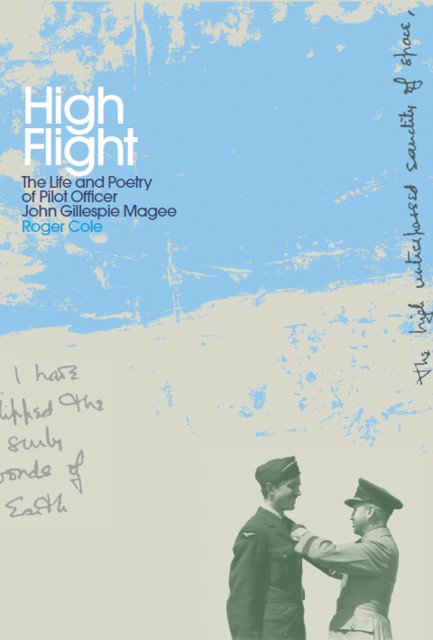My interest in all things military began with aviation. I loved aeroplanes when I was a lad. I progressed to building model kits – the first was an Airfix MiG-15 while I was briefly residing in Hartlepool – but there went on to be many more. As I got older I found the people who flew them were just as, if not more interesting and it was only a short hop from the military world to where the dramatic live action of my childhood was: space.
Devoid of a British space programme to marvel at I naturally fell in with the amazing things happening in the United States. Astronauts, in the main, were test pilots or fighter jocks as far as I could discern and were therefore pretty heroic already. I remember being a ten year old kid in Berlin watching a splashdown on the multitude of televisions in a department store window not far from the Ku-Dam. It had a stunning toy department filled with beautifully made Saturn 1B models and other wonderful things. None of this could eclipse the events of July 1969 when I was got out of bed in the wee small hours by my Dad to watch Neil Armstrong make those historic steps.
If there is one event from the whole space adventure that sticks in my mind it is the Challenger disaster of 1986 and an aspect of it which reached out to many was the beautiful tribute to the crew by President Reagan which paraphrased the classic poem High Flight by the airman John Gillespie Magee. The poem crops up in many places and long before Challenger I first found it in the introduction to a book of paintings by the famous aviation and equine artist Frank Wootton.
So, who was John Gillespie Magee and how did he end up in a speech by Ronald Reagan? He was the son of Protestant missionaries in China. His American dad came from an affluent Pittsburgh family while his mum was from sleepy Suffolk. He was educated in England but was on holiday in the USA when World War II started. Unable to join the war effort in Britain he nipped into Canada and joined the RCAF where his natural abilities as a pilot were tempered by a well developed streak of independence. His gift for poetry was well established and he was clearly a sensitive and gifted young man prone to acts of impetuosity, daring and frequent misbehaviour. He loved flying.
John Magee didn’t get to become an ace or someone who performed a crucial act to help the war effort. He died in a mid-air collision over Lincolnshire while on a training flight. He was nineteen years old.
This excellent book by Roger Cole brings us the story of John Magee and the achievements of a life which have far outstripped his modest and doomed contribution to victory over Nazi Germany. I am no critic of poetry but I know a bit and like some of it. There is an art to it that requires more than just confidence with words. I don’t have it. Magee was obviously a very intelligent and talented young man who could have gone far with the pen or the sword had it not been for his untimely death. Ultimately, it is nicer to remember him for his work with the pen. It has given him an immortality, much like the Challenger astronauts he with whom he is forever linked.
It won’t take you long to read, but it is beautifully written and in many respects, poetry aside, it allows Magee to represent the many other young men who answered the call when war came but who died in tragic circumstances away from the apparent glory of combat. Well, at least I choose to think so. I much prefer prose to poetry but anyone who gives us a vision of escaping the surly bonds of Earth deserves some credit. John Gillespie Magee has his place and Roger Cole helps secure it for him. This commendable book celebrates a short life lived to the full and I have no hesitation in recommending it to you.
Review by Mark Barnes for War History Online
HIGH FLIGHT
The Life and Poetry of Pilot Officer John Gillespie Magee
By Roger Cole
Fighting High
ISBN: 978 0 95711 636 8
